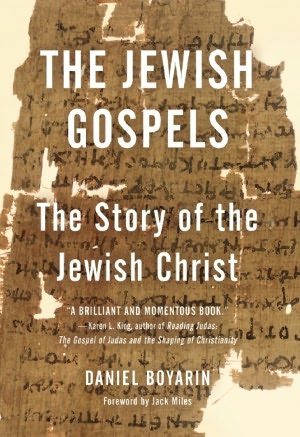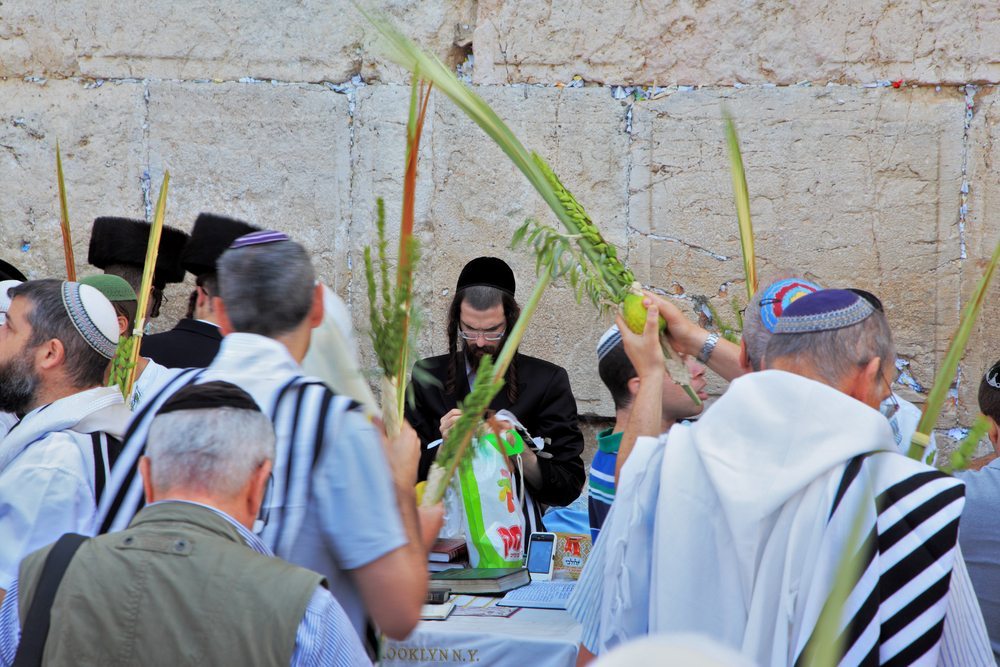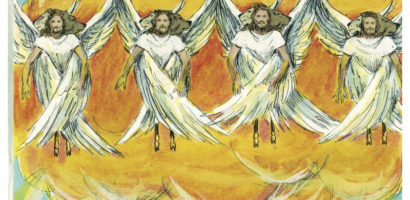Having raised Lazarus, Jesus makes his way down the Mount of Olives entering Jerusalem on Sunday. We are told that the crowds wave palm branches and shout “Hosanna!” (Mark 11:9). This is rather odd because it is happening a week before Passover. In the Jewish tradition the waving of palm branches and the singing of Hosanna takes place during the autumn Festival of Booths (Sukkot), not the spring Festival of Passover. The book of Leviticus commands the children of Israel:
So beginning with the fifteenth day of the seventh month, after you have gathered the crops of the land, celebrate the festival to the Lord for seven days; the first day is a day of Sabbath rest, and the eighth day also is a day of Sabbath rest. On the first day you are to take branches from luxuriant trees—from palms, willows and other leafy trees—and rejoice before the Lord your God for seven days. (Lev 23:39-40)
The explanation for this apparent confusion might be found in the original meaning of the words found in the Gospels. Hosanna comes from the Hebrew “hoshia-na” meaning “save us, please” found in Psalm 118:25. The original name of Jesus in Hebrew, Yeshua, is built on the same root: to save. So the crowds have spontaneously devised a new ritual, welcoming the messianic savior to Jerusalem using a well-known phrase out of season. The waving of palm branches in April would have struck bystanders as very odd until they realized that Hosanna matches the name of Jesus perfectly. It would then be clear that indeed this is “the one who comes in the name of the Lord” (Ps 118:26).








I LIKE THIS BLOG
I am happy to join your blog. God bless you
Hi Prof Jonathan,
The wordplay on hoshia-na and Yeshua is new to me but it fits right in with the story and was probably used by Yeshua to catch the attention of curiosiy seekers.
Fred
The New Testament comes alive when read within its Jewish context. This is another example of how earthing the gospel in their original context lifts them out of the influence of folklore to a historically believable situation.
Jonathan, I had wondered about the Palm Branches at Passover myself. I already knew of the Palm branches linked with Sukkot, and have heard that the branches of the trees around Jerusalem were only cut at Feast of Sukkot so they had enough branches to make the Sukkot. That would make the Palm branches at Passover a very extra-ordinary event, and shows the importance of Jesus entry into Jerusalem in the eyes of the people. Thanks for your post – it makes more sense to me now.
Thank you for sharing the insight on the meaning of the word Hosanna. I find it so profound that the name of Yeshua is from the same root -meaning “to save ” !!!
Shalom !
Amen! This is a wonderful perception and link to the waving of the Palms, shouting Hosanna for Yeshua and the meaning of his name. The linking truths are also very encouraging as the meanings that are revealed uphold each truth.
Blessings through the Mighty Will of Our Father who Art in Heaven, Hallowed Be His Name!
Sing Hosanna!
Thank you, Jonathan. This is quite interesting! I am looking forward to participating in your blog.
May God continually Blessed you. Thank you for your faith and obedience to our Fathers promises.